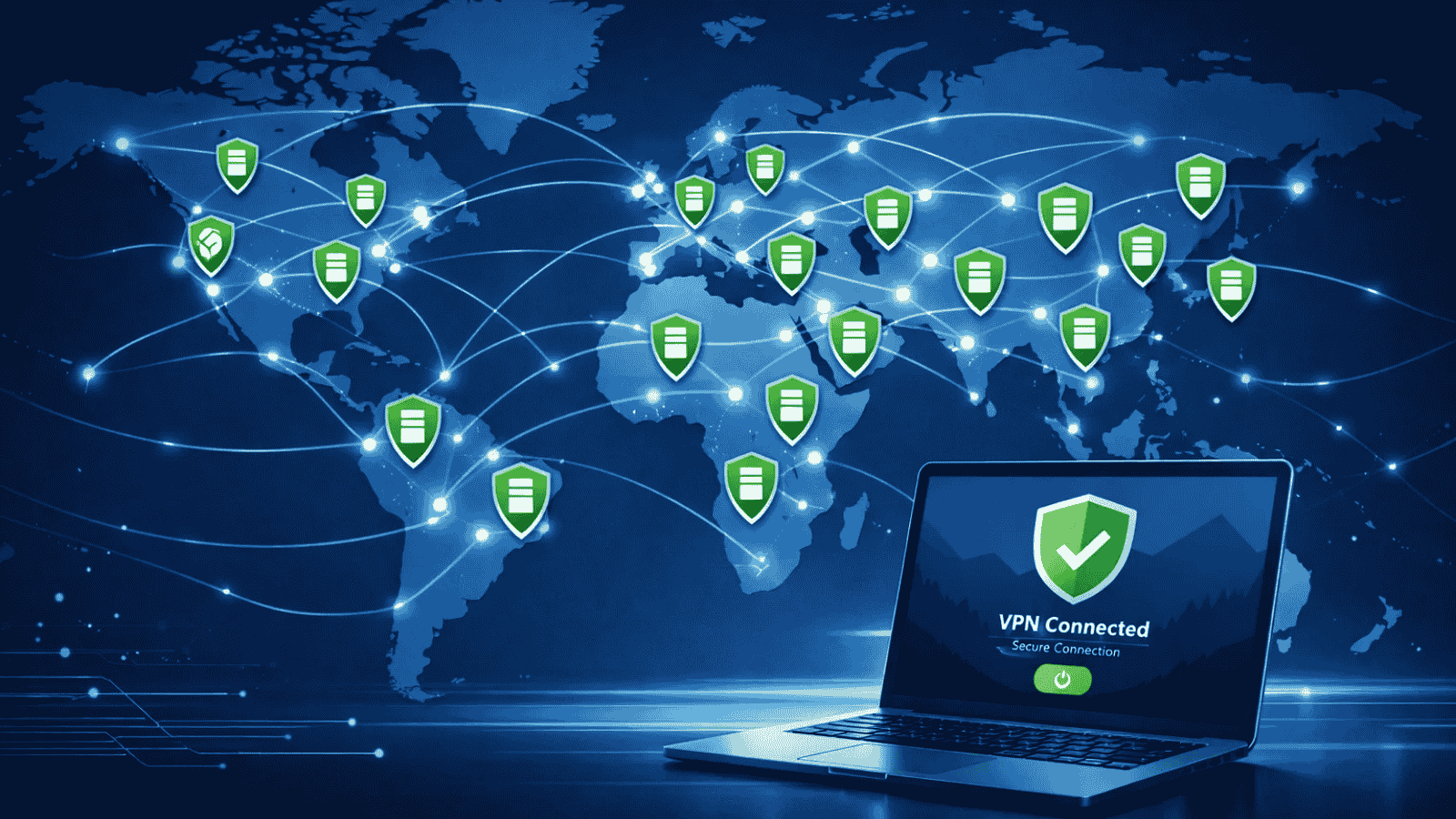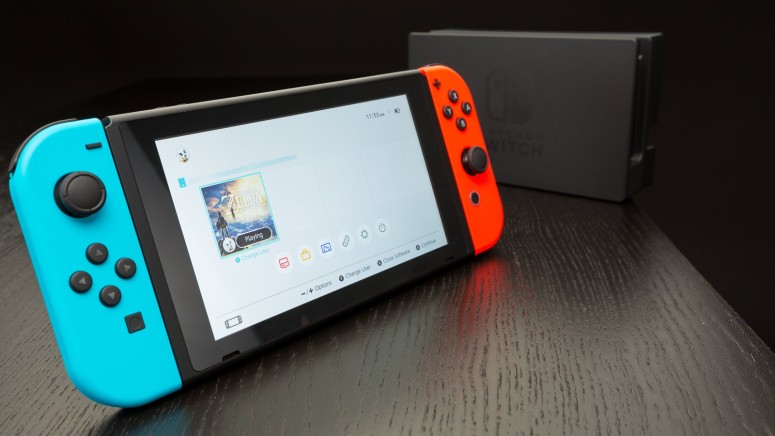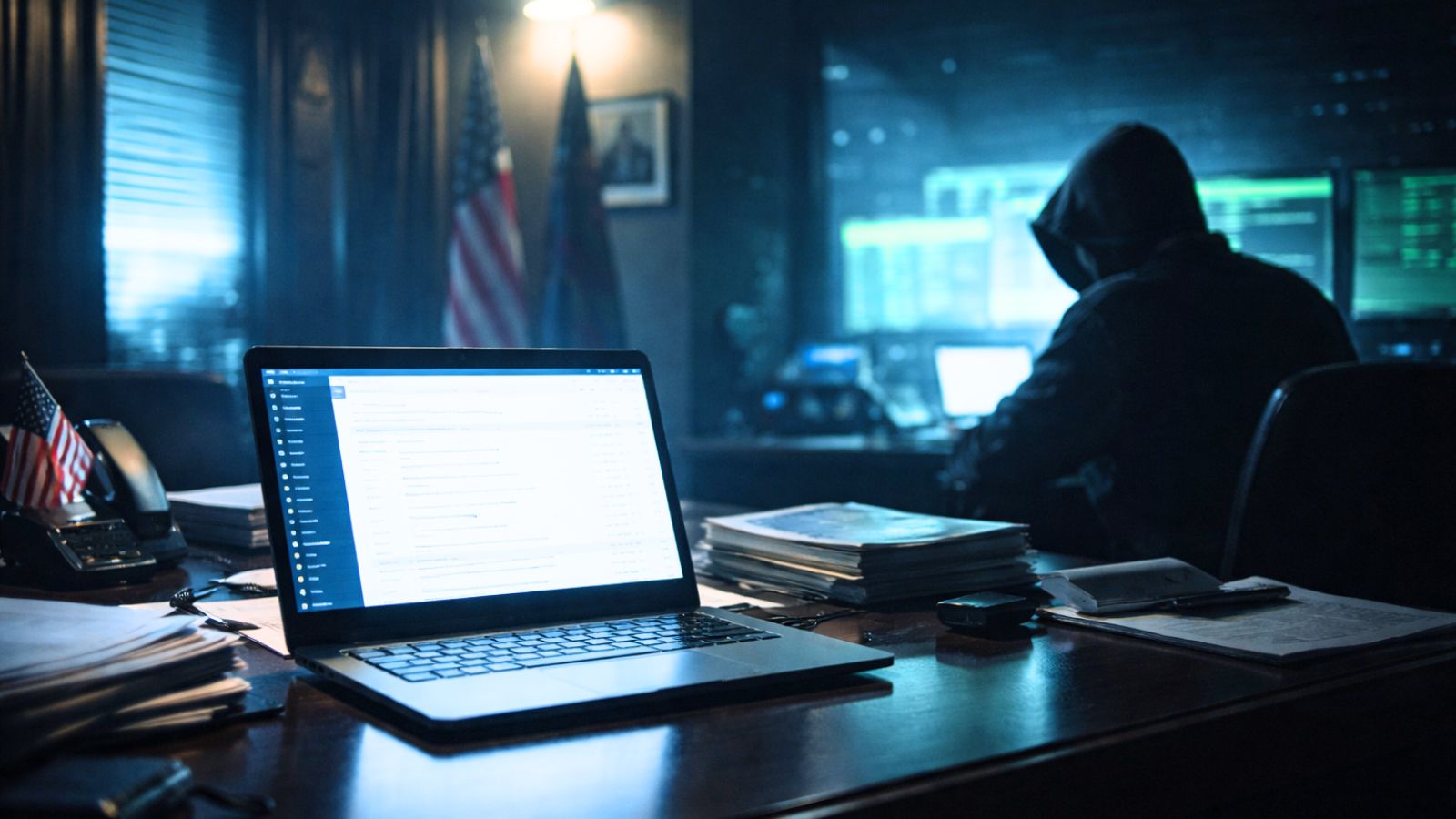
‘Uberchips.com’ Will Pay $2 Million to Nintendo for Distributing Switch Hacks
- Uberchips will no longer sell Team-Xecuter chipping tools and cracks, and its owner must also pay compensation to Nintendo.
- The gaming company is also going after at least another eight platforms doing the same thing.
- Stopping the distribution of these cracks is particularly hard since Nintendo has no way to attack the actual hacker who bypasses its protection.
Nintendo isn’t willing to let Switch hackers and software pirates do as they please online, and whenever something is caught in its radars, the company’s lawyers are taking immediate action. The latest platform to discover this fact is Uberchips.com, which is under the ownership of Ohio resident Tom Dilts Jr. The man is now called to pay $2 million to the Japanese company as ordered by the US District Court of Northern Ohio.
Uberchips.com was offering users various Switch hacks and chipping cracks like those made by “Team-Xecuter,” enabling owners of the popular console to jailbreak the device and run pirated copies of games on it. The particular hacker has updated the cracks, and they now work on all Switch devices and not just a subset of models. This creates a big headache for Nintendo, who is losing big money from all that is going on. Distributors like Uberchips.com are only making the situation even worse.
After the relevant legal prosecution, Nintendo was awarded the amount of $2 million and a permanent injunction against the violating website. So this means that Dilts will no longer share or sell Team-Xecuter chips on the Uberchips website or any other domain he may register in the future. The two parties may have reached an agreement on a different amount than what was published, but no details on that part have leaked yet.
Related: Nintendo Filed a Complaint Against “Super Mario 64” PC Port
Uberchips is down, but Nintendo has a lot more to deal with if they are to stop people from accessing Team-Xecuter cracks. The Japanese game-maker is already running another eight lawsuits that targeting stores distributing pirating software, but won’t include the hacker who develops these tools. Bypassing digital restrictions may be hard to prove as an illegal activity since it falls under the research category and is backed by the “right to repair” momentum.
Nintendo’s walled garden has been mentioned as an example of standard practices in the industry by Judge Gonzalez Rogers, who handles the Epic vs. Apple legal battle’s preliminary stage. Certainly, that case has the potential to affect how things work in this field for everybody, clarifying where the limits of aggressive censorship and monopolistic practices should begin and where they should end.







